TURKEY’S ERDOGAN: “After breaking down the wall of TERROR, we will take a big step toward unity as Turks, Arabs, and Kurds.”
Turkey’s Erdogan: “After Breaking Down the Wall of Terror, We Will Take a Big Step Toward Unity as Turks, Arabs, and Kurds”
In a recent speech, Turkish President Recep Tayyip Erdoğan made a bold statement that is resonating across the Middle East and beyond. He declared, “After breaking down the wall of terror, we will take a big step toward unity as Turks, Arabs, and Kurds.” This powerful message was delivered amid ongoing military and political efforts to combat terrorism and to promote national unity within Turkey.
Erdoğan’s words highlight a vision for a more cohesive and peaceful Turkey, where ethnic and cultural divides—particularly between Turks, Arabs, and Kurds—are bridged, and long-standing tensions are addressed. But what does this statement mean for Turkey’s future? How will it affect the country’s relations with its neighbors and its internal political landscape? In this post, we will explore the significance of Erdoğan’s message, the context in which it was delivered, and its potential implications for the future of Turkey and the broader region.
Understanding the Context: The “Wall of Terror”
To fully grasp the weight of Erdoğan’s statement, it’s important to understand the “wall of terror” he refers to. For decades, Turkey has been fighting against terrorist organizations, most notably the Kurdistan Workers’ Party (PKK), which has waged an insurgency against the Turkish state. The PKK, designated as a terrorist organization by Turkey, the United States, and the European Union, has been a source of significant tension between the Turkish government and the Kurdish population, both in Turkey and in neighboring countries like Syria and Iraq.
Erdoğan’s statement likely refers to Turkey’s ongoing military operations aimed at dismantling the PKK and other extremist groups in the region. These efforts have included incursions into northern Iraq and Syria, where the PKK and allied Kurdish militia groups operate. The phrase “breaking down the wall of terror” could be seen as a reference to Turkey’s determination to eliminate terrorism and restore security within its borders.
But beyond the military aspect, Erdoğan’s words seem to suggest a broader ambition—one that involves healing the divisions within Turkish society, especially between the country’s Turkish, Kurdish, and Arab populations.
The Vision of Unity: Turks, Arabs, and Kurds
Erdoğan’s call for unity among Turks, Arabs, and Kurds speaks to one of the most complex and historically fraught issues in Turkey: ethnic and cultural divides. Turkey is home to a diverse population that includes a large Kurdish minority, as well as Arab communities, particularly in the southeast. For decades, tensions have simmered between the Kurdish population and the Turkish government, fueled by disputes over political rights, cultural recognition, and military conflicts.
At the same time, Turkey’s relationship with Arab nations in the Middle East has been marked by both cooperation and tension, particularly in light of regional conflicts such as the Syrian Civil War. Erdoğan’s rhetoric of unity suggests a desire to overcome these historical and ethnic divides, building a more inclusive and cohesive society.
Erdoğan’s government has faced criticism for its handling of ethnic and minority issues, with accusations of crackdowns on Kurdish political movements and the suppression of Kurdish language and culture. However, his latest remarks seem to signal a shift toward reconciliation, particularly as Turkey grapples with the political and security challenges in the broader Middle East.
What Does Unity Mean for Turkey’s Future?
Erdoğan’s vision of unity, if achieved, could have profound implications for Turkey’s domestic politics and its international relations. But what would it mean for the future of the country?
1. Reconciliation with the Kurdish Population:
For many Kurds, Erdoğan’s speech offers a glimmer of hope for a future where Kurdish identity is not seen as a threat but as a valued part of Turkey’s social fabric. The long-standing tension between the government and Kurdish separatist movements could begin to thaw if genuine efforts are made toward cultural recognition and political inclusion. This could include easing restrictions on Kurdish language use, political representation, and addressing the grievances of Kurdish communities in southeastern Turkey.
However, for true reconciliation to take place, the Turkish government would need to address the root causes of Kurdish discontent, including the heavy-handed military operations and the suppression of Kurdish political movements. The Kurdish population’s relationship with the Turkish state has been fraught with violence and suspicion, and a change in tone will require both policy changes and a significant shift in rhetoric from Erdoğan’s government.
2. Strengthening Relations with Arab Neighbors:
Erdoğan’s call for unity among Turks and Arabs is also noteworthy. Turkey has had a complicated relationship with several of its Arab neighbors, particularly following the Arab Spring and the outbreak of the Syrian Civil War. Turkey has been involved in supporting opposition forces in Syria, which has at times put it at odds with regional powers like Syria and Egypt.
However, Erdoğan’s emphasis on unity with Arabs could signal a shift in Turkey’s foreign policy, moving toward greater cooperation with its Arab neighbors. Strengthening ties with Arab countries could have economic and strategic benefits for Turkey, including expanding trade relations, improving regional security, and potentially gaining more influence in Middle Eastern geopolitics.
3. Regional Stability and Security:
In addition to fostering national unity, Erdoğan’s statement about breaking down the wall of terror also speaks to Turkey’s role in promoting regional stability. By addressing internal divisions, Turkey may be better positioned to play a more effective role in mediating conflicts in the Middle East. This could lead to greater influence in peace talks and a more prominent position in shaping the future of the region.
Turkey’s security concerns, particularly regarding Kurdish separatism and terrorism, are closely linked to its broader regional strategy. If Erdoğan can achieve internal unity, Turkey may be able to take a more diplomatic and less militaristic approach to resolving regional conflicts, including those in Syria and Iraq.
Challenges to Achieving Unity
While Erdoğan’s rhetoric is promising, there are significant challenges to achieving true unity among Turks, Arabs, and Kurds. The long history of mistrust, particularly between the Turkish state and the Kurdish population, is not easily overcome. Additionally, Turkey’s foreign policy has often been shaped by competing interests in the region, and balancing the demands of national unity with regional alliances will require careful diplomacy.
Erdoğan’s government would also need to address domestic political divisions, including the role of opposition parties and the future of democratic reforms. Unity within Turkey will not only require reconciliation with ethnic minorities but also a commitment to democratic principles and the rule of law.
Final Thoughts: A Vision for the Future?
Erdoğan’s statement about breaking down the wall of terror and uniting Turks, Arabs, and Kurds is a powerful message of hope and reconciliation. While the road to achieving this unity will undoubtedly be complex and fraught with challenges, the vision of a more inclusive and peaceful Turkey resonates with many citizens who are yearning for stability and prosperity.
As Turkey continues to navigate its security challenges and its role in the Middle East, Erdoğan’s leadership and his ability to deliver on promises of unity will play a critical role in shaping the future of the country. Whether or not Turkey can break down the divisions of the past remains to be seen, but the call for unity is an important step toward building a more cohesive and harmonious society.
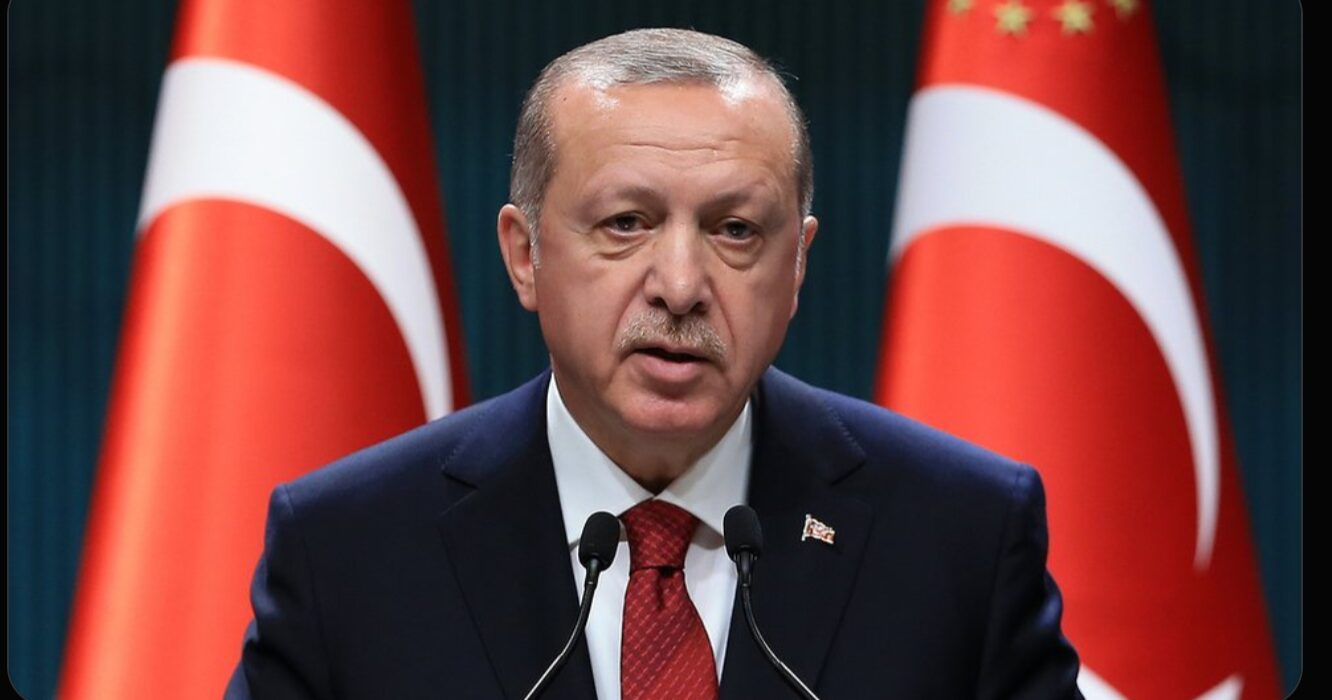
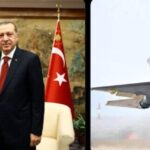
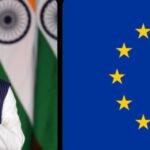
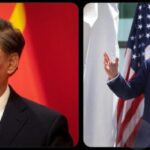
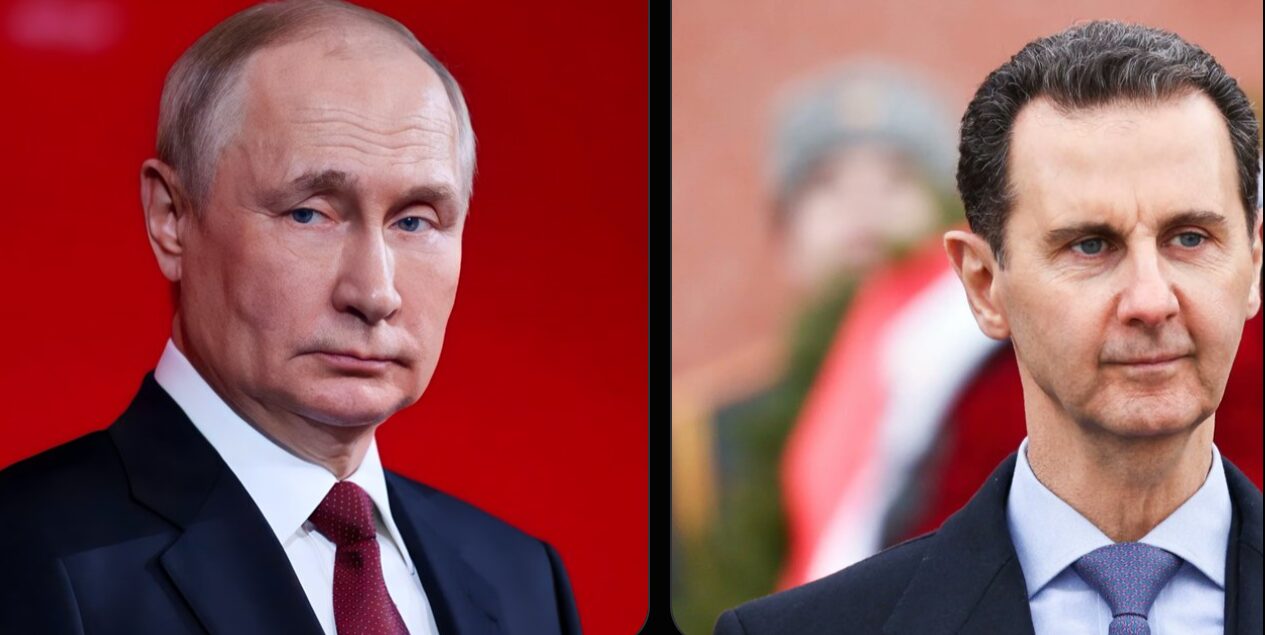
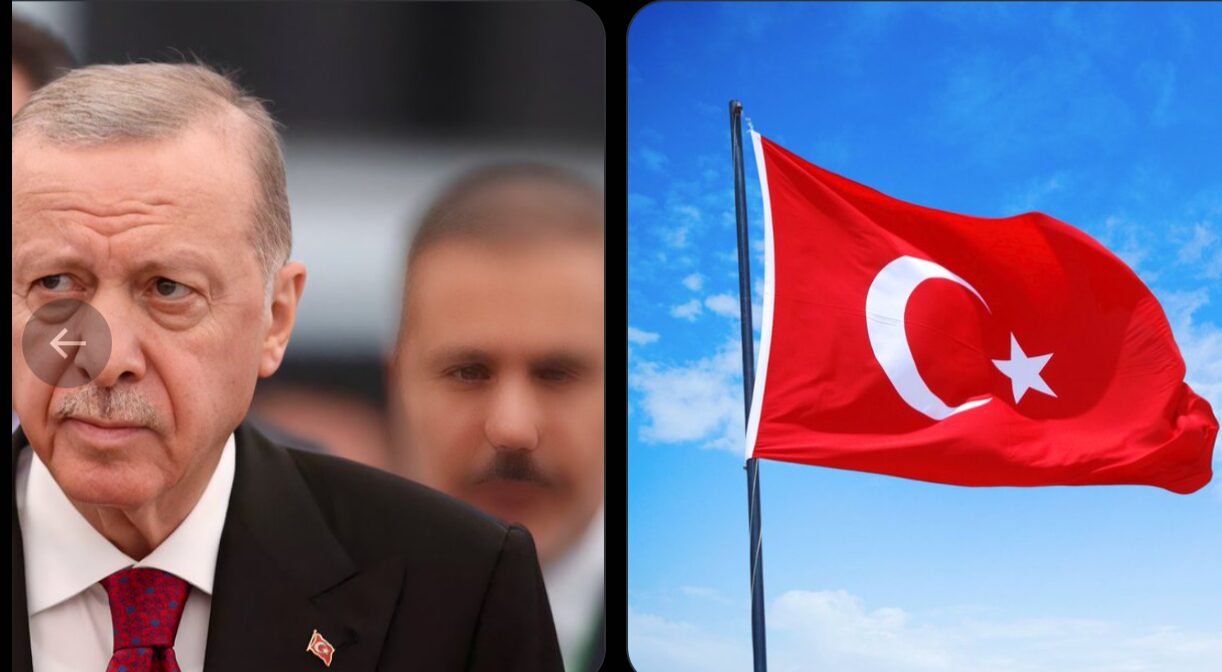
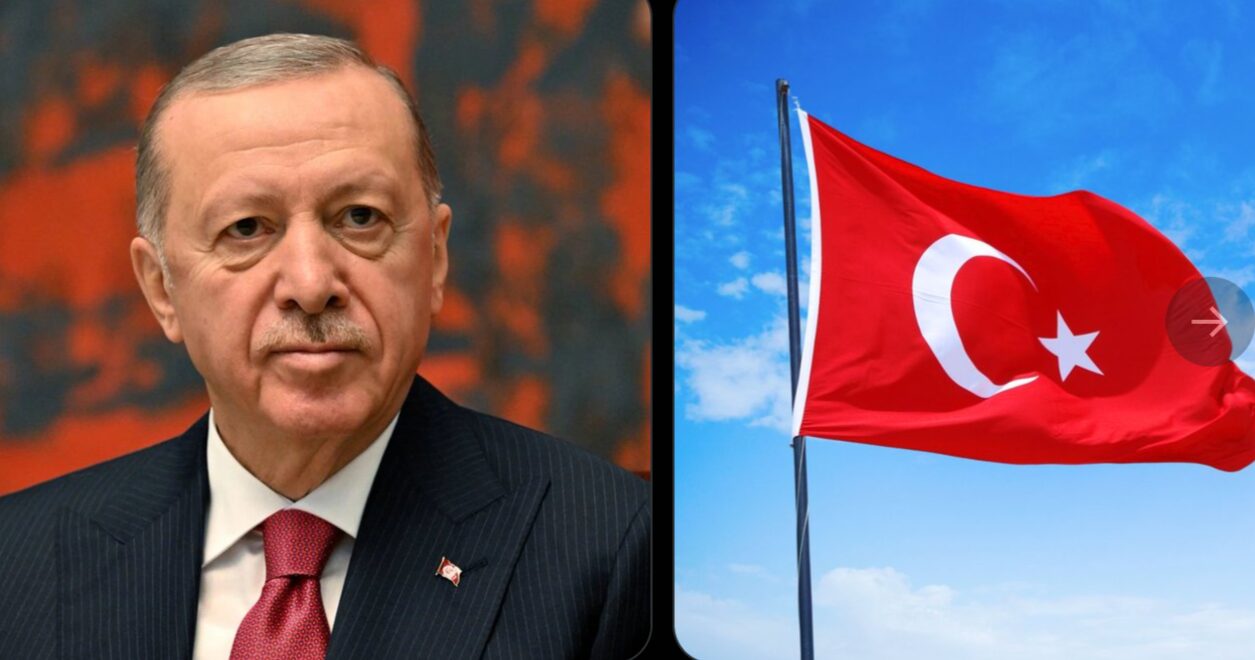
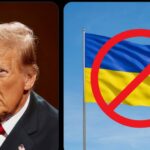
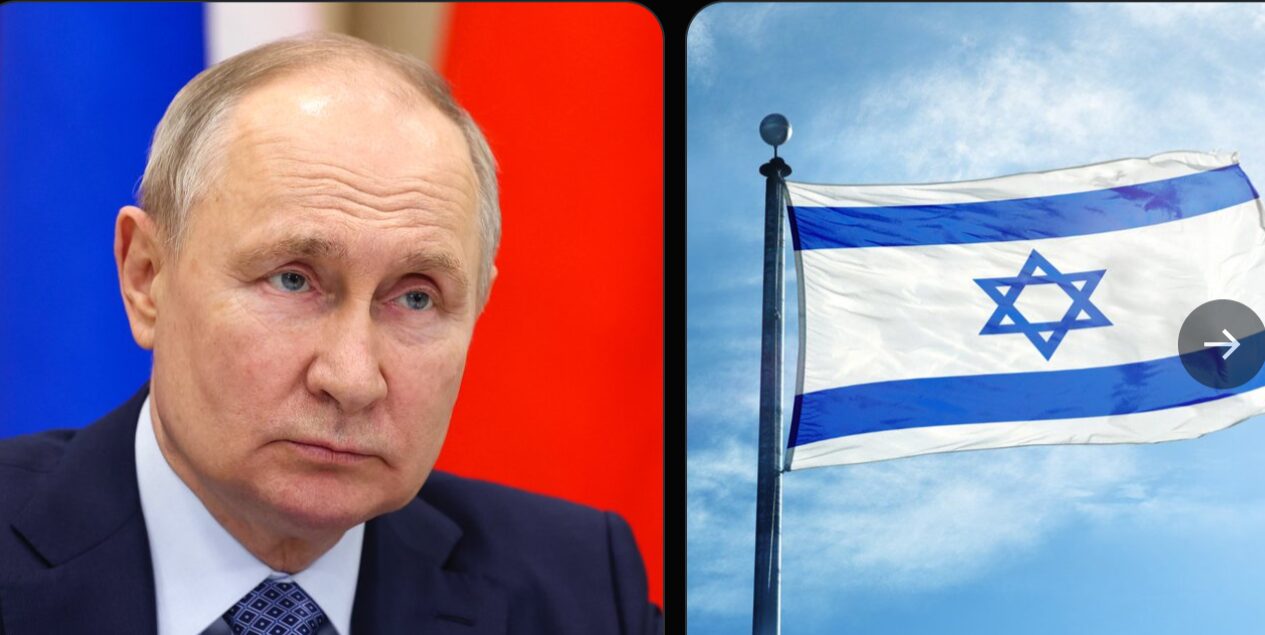


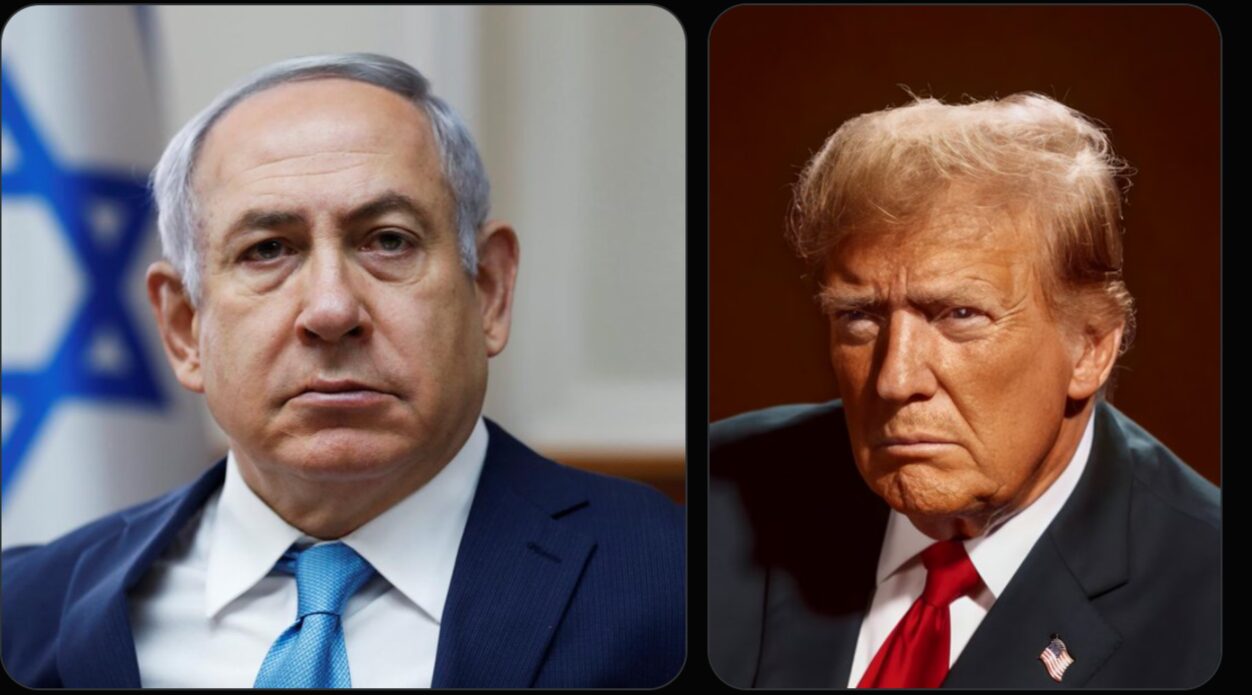





Post Comment